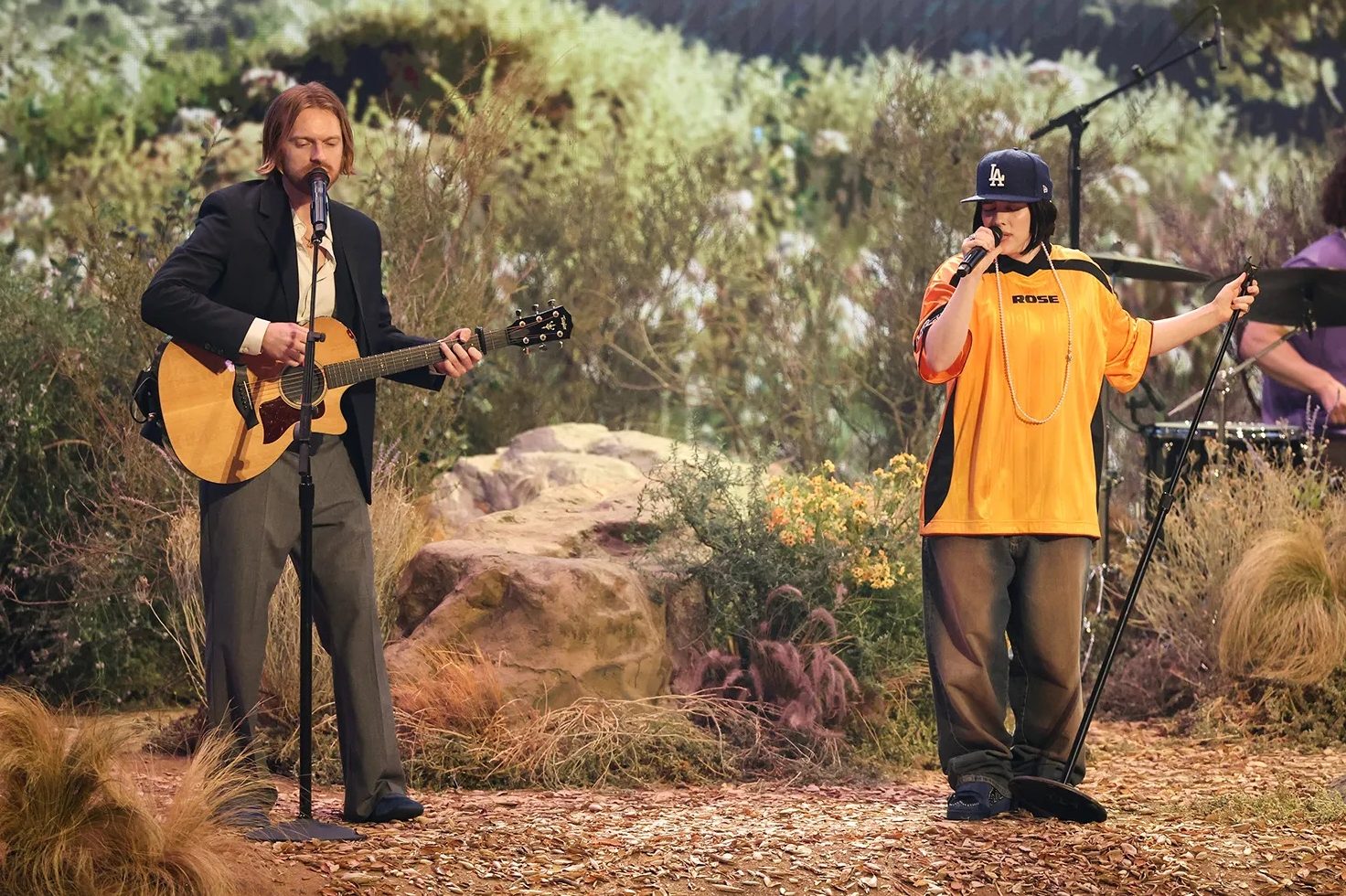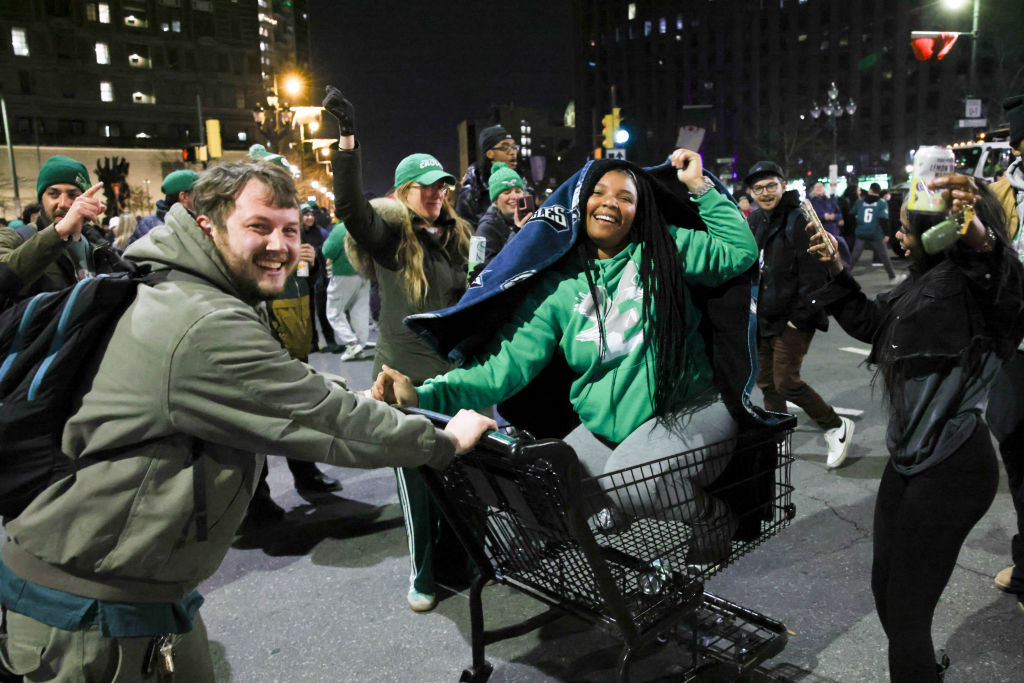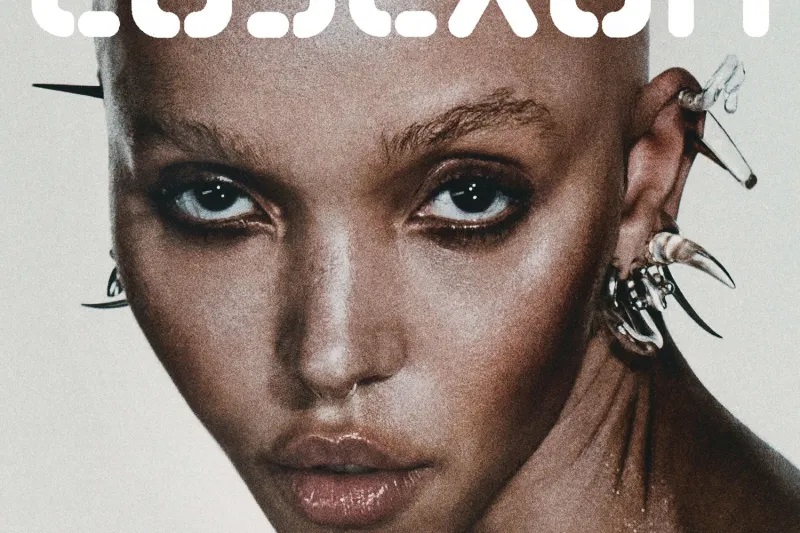Taylor Swift’s album Red, her fourth, originally dropped my first semester at college. It was Swift’s first full foray into pop and she matched the change in genre with a new signature appearance; bright red lips and glossy, straight hair with bangs to replace her sweeping curly blonde ‘do. Red‘s exploration of deep love and subsequent heartbreak, plus Taylor’s personal reinvention, felt like a comfort during my own transition into adulthood.
Swift announced last week that she would be dropping the “Taylor’s Version” of Red earlier than expected. The re-release is part of a project Swift has undertaken to re-record all of her masters after her former label sold them out from under her to Scooter Braun. As she got older and more secure, Swift turned her stereotypical ire about men in her romantic relationships to men in her professional ones (“Mean”, “My Tears Richochet”) and society writ large (“The Man”, “Mad Woman”).
How fitting, then, that the album features the rage-filled and candid ten-minute version of “All Too Well”, her famous song about former lover and Hollywood actor Jake Gyllenhaal that was cut down to size for the original release. Who could forget Swift tearfully and aggressively banging her head at the piano as she sang this masterpiece at the Grammy Awards in 2014?
The full version is even more brutal than imagined and will certainly have longtime fans, who anxiously awaited the physical copy of Swift’s albums so we could crack the codes in the liner notes (MAPLE LATTE for “All Too Well”, referring to a paparazzi photo of her and Gyllenhaal), wishing we could’ve belted along sooner.
The longer “All Too Well” is no doubt the star of the show. The original version chose to focus on happy memories about a failed relationship (dancing in the kitchen, meeting the parents) but tip-toeing around the blame for its demise. Maybe they got “lost in translation” or Swift “asked for too much”, Swift mused, but Gyllenhaal sealed the deal with his “casually cruel” phone call after the uncoupling. It always seemed there must be more to the story. In the longer version, Swift reveals that Gyllenhaal treated her like a “secret”, never said “I love you”, and most damning, failed to show up to her twenty-first birthday party, a devastation previously relayed to us in “The Moment I Knew”. Swift gets back at Gyllenhaal with a shot about the age gap between him and his girlfriends (sound familiar, “Dear John”?)
The new lyrics put a point on the almost inarguable fact that “All Too Well” is Swift’s most well-written song. She artfully plays with words in the line “double-crossing through my mind”, suggesting a deception on the part of her lover as she ruefully thinks of him. She evokes colorful images of Gyllenhaal’s “fuck the patriarchy” keychain, and her father watching her watch the door at the aforementioned birthday party.
Naturally, the rest of the re-release feels like window dressing on the long-awaited anthem. Like Fearless (Taylor’s Version), the production is a bit crisper and her voice stands out more among the instruments. This works well on pop classics “22” and “We Are Never Ever Getting Back Together” but we are missing some of the needed intimacy and pain from the vocals on “State of Grace” and “Red”. This might be a fair reflection of Swift’s own journey; it feels as if her past heartbreaks are being looked back on with new strength and perspective. “The Lucky One” certainly feels more prescient in retrospect as Swift herself pulled back from the public eye after she was branded with snake emojis at the hands of Kanye West and Kim Kardashian.
There are rare missteps with the new production, however. In the soft ballad “Treacherous”, producer Dan Wilson opts for a less tinny guitar, which allows the somewhat annoying clap-like drum beat to come forward and distract from the first minute or so of the song. Christopher Rowe seemingly pulls back some of the heavier dubstep beats and autotune on “I Knew You Were Trouble” that made the song so inventive for Swift at its 2012 release.
The six new songs — not counting “Babe” or “Better Man” which were previously released by country artists Sugarland and Little Big Town, respectively — are fine but there’s a reason why they didn’t make it on the original Red. Swift tries to remedy this with features: Ed Sheeran, Chris Stapleton, Phoebe Bridgers. “Nothing New”, a soft acoustic piece with Bridgers that sounds like it could’ve been released on Folklore or Evermore last year is the most effective.
The re-release of Red overall is a good excuse for longtime fans to revisit Swift’s best album. The star, of course, is the epic version of “All Too Well” — and the resulting gossip and drama. Swift’s long-term relationship with actor Joe Alwyn and self-imposed solitude led her to explore imaginary relationships and themes in her last two albums. It’s a real treat to go back to the dirty tabloid days of overanalyzing Swift’s very public relationships through paparazzi photos and then hearing her side of the story on a meticulously crafted work of music. Now that’s real celebrity!

























